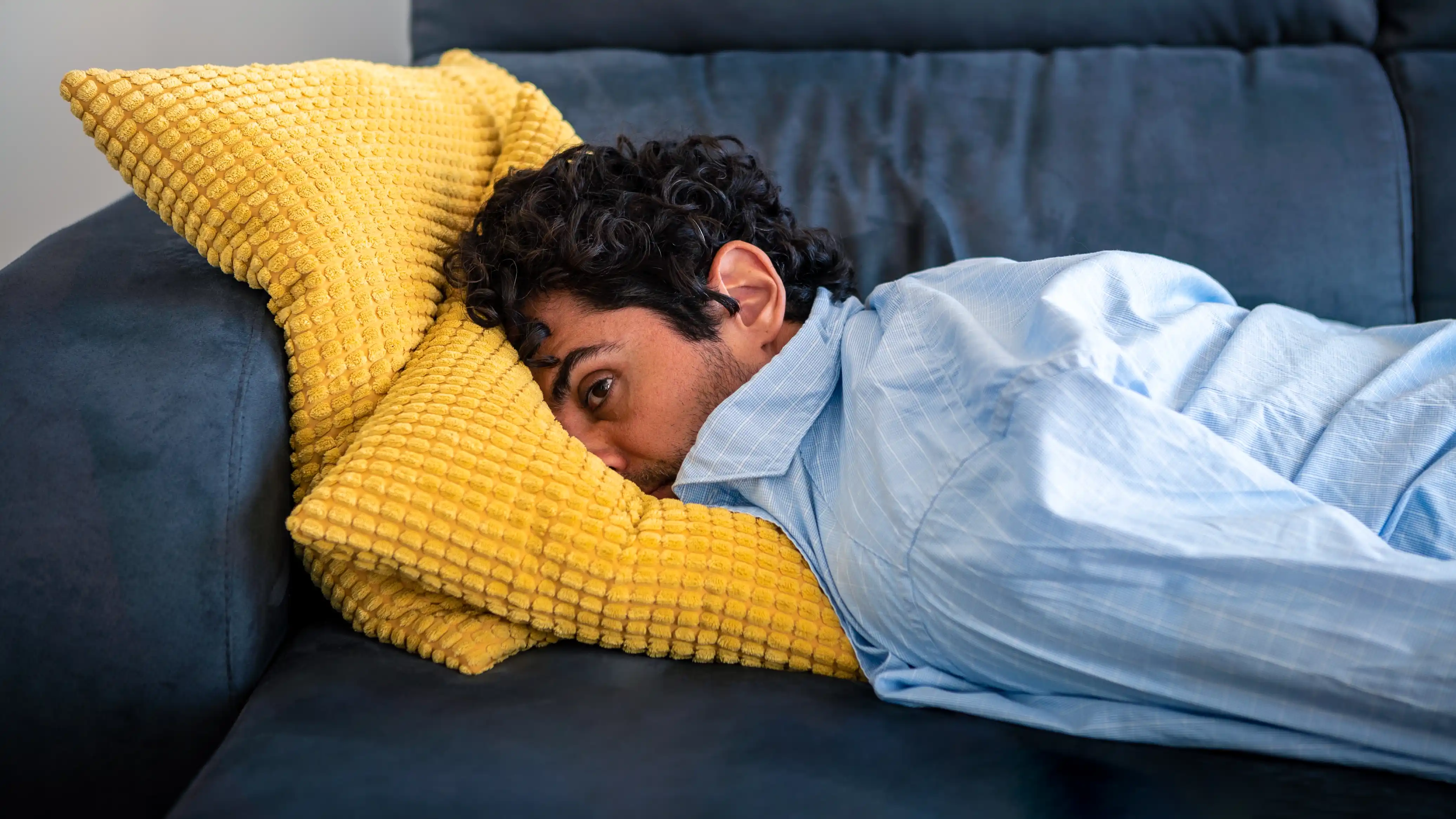
Insomnia is characterized as a sleeping disorder which is synonymous with, difficulty in falling asleep or staying asleep. It can be short-term (acute) insomnia or long-term (chronic) insomnia. Insomnia treatment is not something that is common or permanent.
Insomnia in itself is a side effect. There is no medicine for insomnia or drug for insomnia that can cure it permanently. If you suffer from Insomnia or you are just curious, you can refer below for further information on what causes insomnia, how to deal with insomnia, how to avoid insomnia or how to cure insomnia/is insomnia curable?
One way to do that is to keep track of your sleep problems and patterns via a sleep diary. Better yet, seek some medical/psychological advice. Refer to the sample sleep diary that is shown below. Although you will need to personalize your sleep diary to adapt it to your own needs.
 Sed ut perspiciatis unde omnis iste — natus Sit totam error rem voluptatem accusantium doloremque laudantium, aperiam, eaque ipsa quae. Dr. Joseph Stevenson
Sed ut perspiciatis unde omnis iste — natus Sit totam error rem voluptatem accusantium doloremque laudantium, aperiam, eaque ipsa quae. Dr. Joseph Stevenson
1. Get to know what stresses you out the most!
Either with the help of your sleep diary or any other method, identify your worst stressors. Then rate the level of stress it causes from a scale on 1 to 10 with 10 being extremely stressful.
Once you’ve identified the worst stressors, think of ways to minimize them. This will help you in Curing insominia Immensely. For example if you find traveling in rush hour traffic stressful, then try to manage your travel schedule in order to avoid peak hours and in turn avoid stress.


2. Live in the moment, don't dwell in the past –
Living in the present i.e. “in the moment” and having a good presence of mind has shown to significantly reduce stress levels. As it is known we can’t change our past but we can shape our future.
By living in the present, one is able to perform better as one is not thinking or worrying about the past or the future. This is a mentally richer way of living life, as instead of doing things on autopilot; we can take the matter into our own hands and be more aware of our present feelings.
Adopting this method towards life will help you to manage your stress levels more efficiently.
List your worries and concerns –
Write a list of to-do things or problems and possible solutions, especially if anxiety prevents you from sleeping. Get it over with before bedtime so that you are free to sleep without any burden.
Creating a to-do list can assure that you stay more in control of your daily life and better organized as well. Although you don’t need to finish every task on your list in order to relieve your stress or that itself will cause you more stress.
As quoted by author Richard Carlson, “the purpose of life isn’t to get it all done but to enjoy each step along the way”.
Be more social, reach out to others –
As proven, studies have shown that people with good social networks tend to enjoy comparatively better mental health. This is partly because of being able to share your issues and life problems with someone who either listens to you or offers you a solution/consoles you.
Social support during periods of stress reduces tension and offers emotional support too. So try to meet your friends often, stay in contact and be involved with your family to maintain good bonding. Also, try to improve and widen your social circle if possible.
- Find solutions instead of complaining
- Practice letting go
- Let beauty in
Laughter is a cure and it is contagious –
Laughter, humor, smile or comedy, all are one and the same; they incite the same feeling of happiness and excitement. A good laugh relaxes the muscles in the upper body and puts us in a positive state of mind for the time being.
So be around funny people, find a comedy skit online and spread a little laughter yourself.
Get out, be outgoing –
Increase the number of your outdoor activities, such as hanging out with friends or going for a walk on your own, visiting the countryside or even just doing some chores outside such as gardening or running errands has been shown to boost your mood, lower your heart-rate.
Research has suggested that people living near greener areas enjoy a longer lifespan and better health compared to their city counterparts. While some experts believe that higher levels on negative ions near areas with running water, mountains, trees and more natural surroundings in general are responsible in part for our well being.
Also spending time outdoors during the day can help you to sleep better at night. Exposure to sunlight stops your brain from producing the hormone melatonin, making it easier for your body to fall asleep more easily and sleep more soundly
Find joy in exercising –
Exercise is an activity that helps to keep our body fit and healthy. It also helps to reduce stress and enables the stress hormones with “flight or fight” response to be put to good use. Exercise comes in various forms and is not just limited to gyms.
Walking, doing household, even chores are exercises that have been shown to offer stress-relieving benefits. Although exercising at the wrong time can have adverse effects on one’s body. On the other hand, insufficient exercise can lead to restlessness, feeling low on energy and create sleep problems.
Relaxation is key –
Relaxation acts as an antidote for stress and helps in slowing down the breathing and heart rate, in turn calming the mind.
In today’s world, most of us skip sleep to gain time to be able to do things that we prioritize more, even though we know that it is not good for our health. Such a sacrifice is made regularly because the conditions demand it.
Things that help you relax are subjective but yoga and light music are one of the most common therapies for relaxation. So at the end of the day, if possible, one should allow time for relaxation out of the available recreational time. Make it a habit to do so, as it will help in releasing stress altogether.
Transcendental Meditation –
Transcendental Meditation (TM) is a technique of meditation which involves closing your eyes and repeating the same word again and again, to yourself. For example, the age-old practice of saying “Om” and calling God’s name to soothe your own soul and mind.
TM has been shown to relieve stress if practiced daily. It is expected to reduce insomia and improve your overall sleep quality. It can be achieved through either of the following as well.
4. So, how to treat without medication?
Breathing deeply – To help you relax at bedtime, try deep abdominal breathing. Inhale slowly through your nostrils while counting to three and expand your stomach progressively. Then hold till the count of 3 and slowly exhale through your mouth, while counting to 6 and flattening your stomach. Repeat a minimum of 5 times.
Relaxation of muscles – It’s a technique used to release tension from the muscles and it aids sleep. Example – Take a deep breath and create tension in your face, close eyes tightly, clench your fists, tense muscles in your arms, toes and tense feet then relax and breathe out.
Keep your body and brain cool –
During night time, our brain tries to lower the temperature of our body to slow down the metabolism and lower our energy consumption to conserve energy. So as to encourage our body to sleep, keep the sleeping room fairly cool (16-20 Degree Celsius) and airy.
If you are awoken by sudden hot breezes at night, sleep with a cotton sheet under the duvet, so you can throw the duvet off and still have a light cover for you.
Recommended Articles
Section 1.10.33 of "de Finibus Bonorum et Malorum"
Lorem Ipsum is simply dummy text of the printing and typesetting industry. Sunt in similique culpa qui officia deserunt.
Read MoreSection 1.10.33 of "de Finibus Bonorum et Malorum"
Lorem Ipsum is simply dummy text of the printing and typesetting industry. Sunt in similique culpa qui officia deserunt.
Read MoreSection 1.10.33 of "de Finibus Bonorum et Malorum"
Lorem Ipsum is simply dummy text of the printing and typesetting industry. Sunt in similique culpa qui officia deserunt.
Read More





